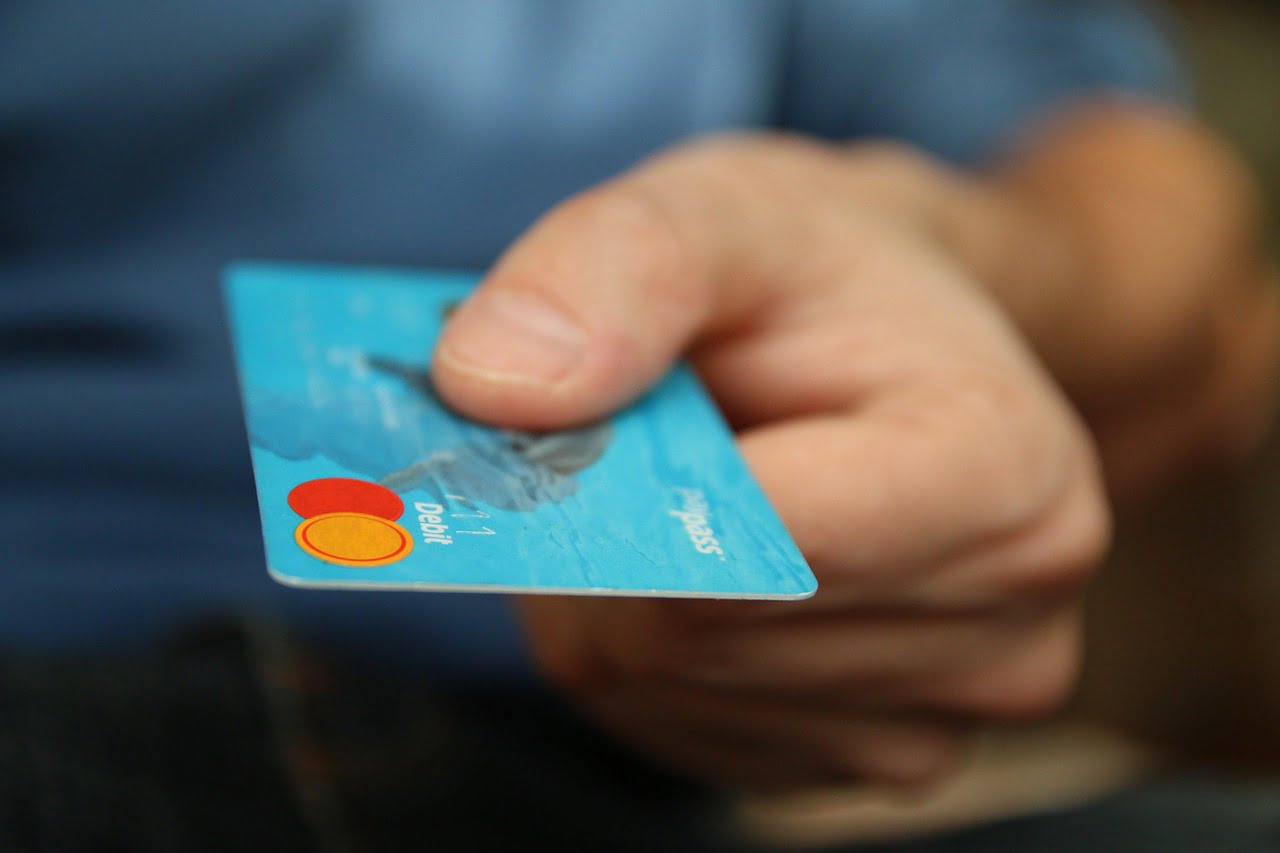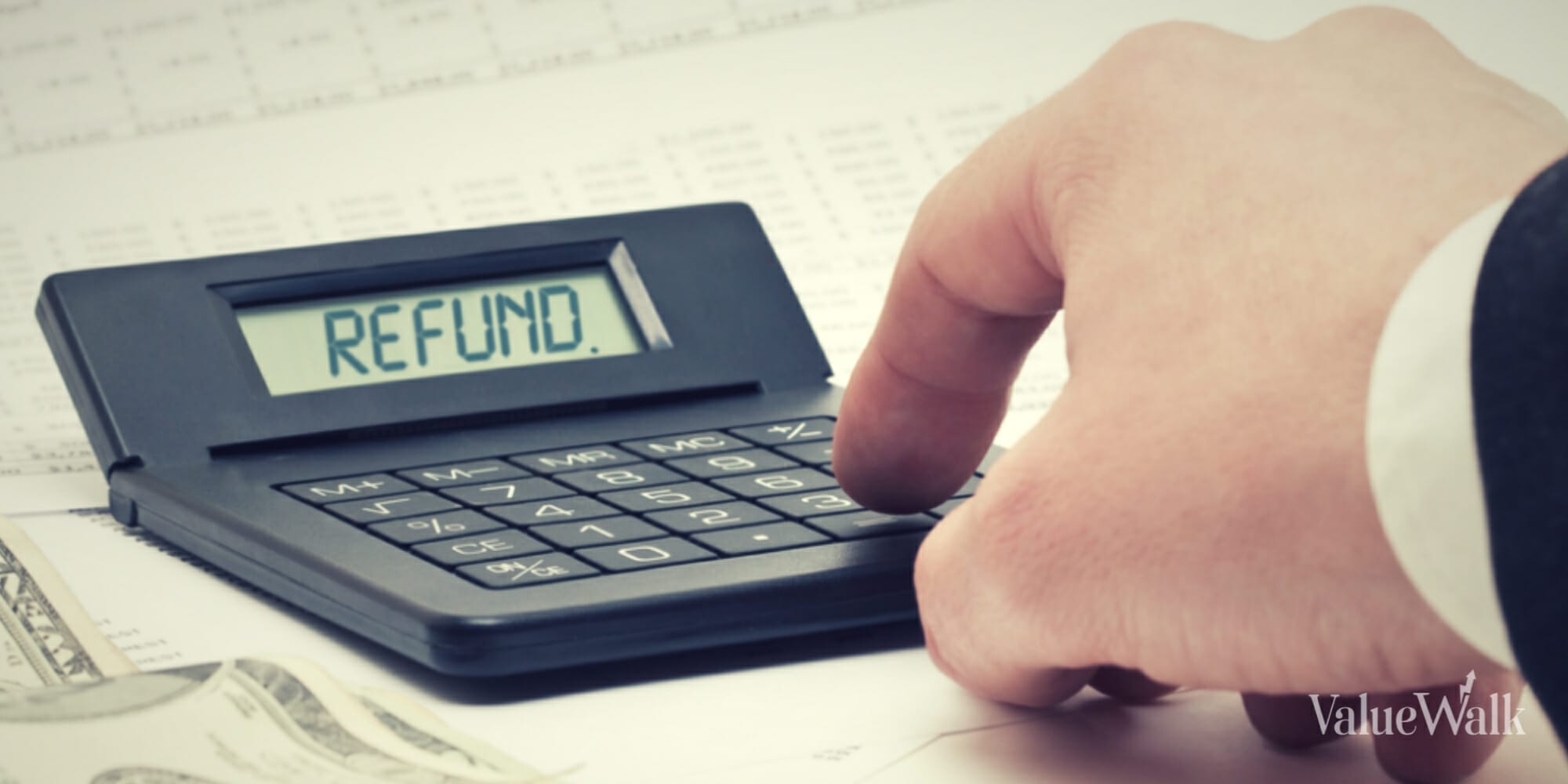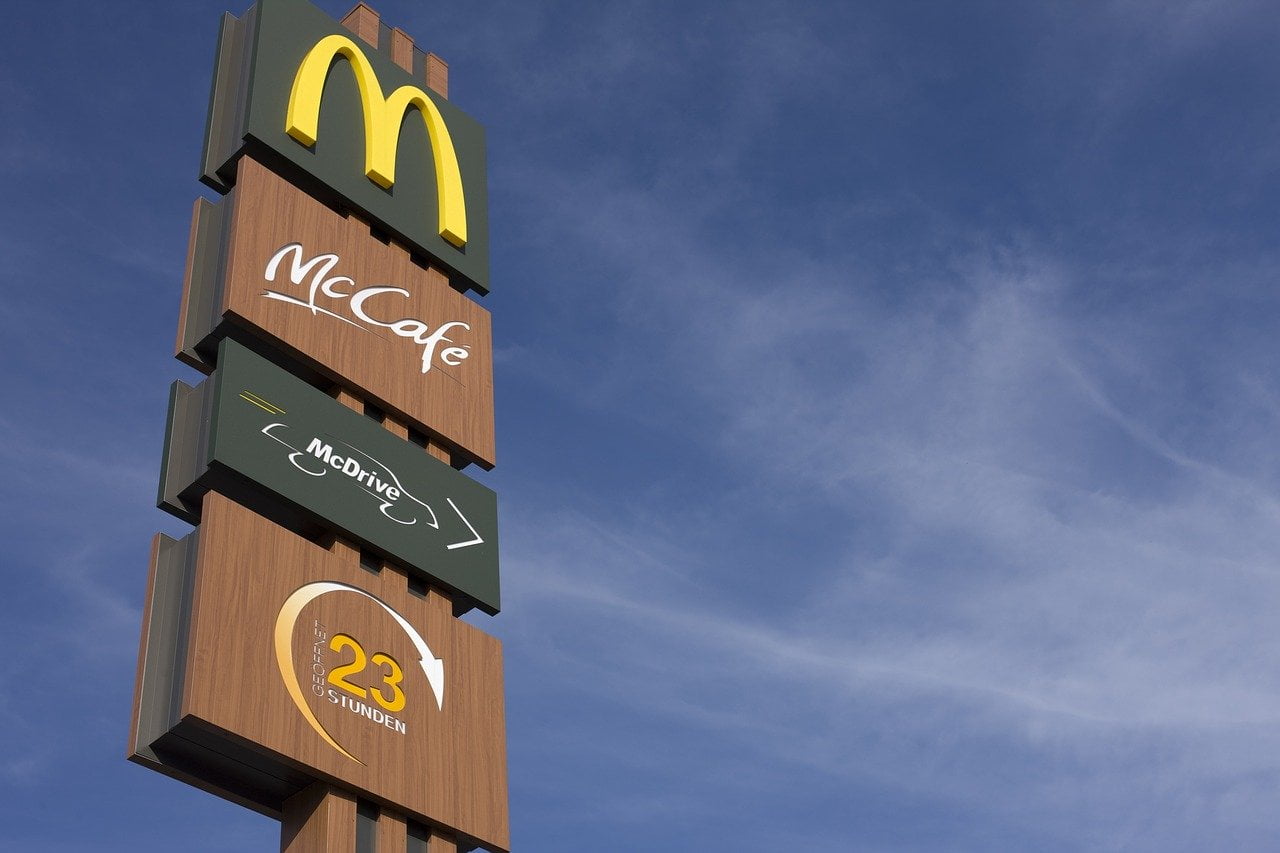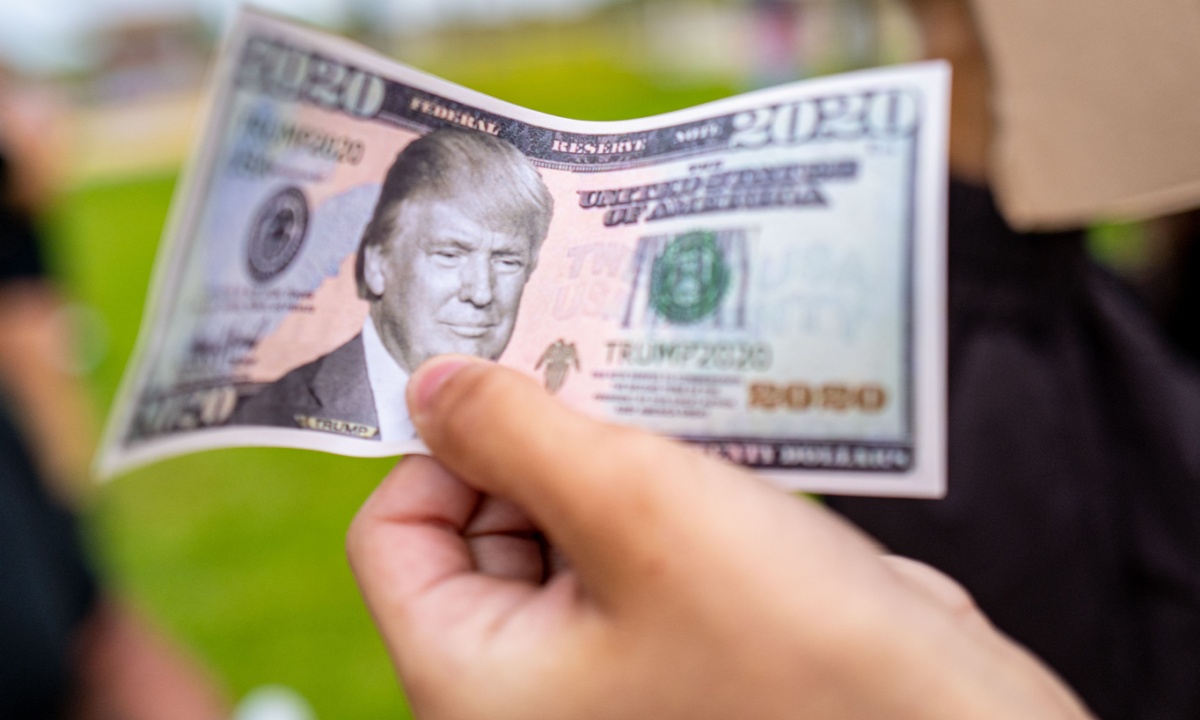Talks of the second coronavirus stimulus checks ended abruptly without any deal. There are, however, still chances that Congress may resume talks on the stimulus checks as both Democrats and Republicans agree on the need and size of the stimulus checks. If the coronavirus stimulus checks are passed, then the IRS would have to make arrangements to send the payment quicker considering we should have had a coronavirus stimulus package by now.
Q2 2020 hedge fund letters, conferences and more
If the IRS adopts the same process it used to send the stimulus checks under the CARES Act, then it could take some time before the payment reaches the taxpayers. Though this time payments are expected to reach Americans quicker than the first checks, as the agency has the necessary infrastructure in place, the IRS could have further expedited it by making one crucial change.
As per the Expedited Funds Availability Act of 1987, the payment from the Treasury Department must be available to actual recipients “not later than the business day after the business day” on which the funds were deposited, as explained by Brookings Economic Studies Fellow Aaron Klein.
This means the federal payment must reach the recipient in about two business days. However, this timeline does not account for holidays or weekends. If we include holidays or weekends, the payment could take around three to five days.
A wait of three to five days would be okay to someone in normal times. The current situation, however, is in no way normal. Coronavirus has created havoc at both the economic and personal level. Thus, stimulus checks serve as a lifeline for many cash-strapped individuals and those out of work.
Creating real-time payment system
It is believed that the creation of a national real-time payment system could make sure coronavirus stimulus checks reach the recipients quicker. Last year in July, some legislators proposed the same update as well.
Sens. Chris Van Hollen, Elizabeth Warren, Reps. Ayanna Pressley and Jesús “Chuy” García introduced the Payment Modernization Act of 2019 for the creation of a national real-time payment system, notes a report from Forbes.
Separately, in August last year, the Federal Reserve proposed a real-time payment system, called FedNow. However, not all are in favor of such a system, arguing that it could result in competition in the banking scene.
Another change that could send coronavirus stimulus checks quicker is the creation of digital accounts. Rep. Maxine Waters even introduced legislation for the same at the time of the CARES Act. The legislation proposed creating digital payment accounts for those without any bank account.
However, establishing such a system, which includes debit cards and online banking services, would require some time, as well as coordination with the United States Postal Service. Thus, it won’t be possible to establish such a system for the next stimulus checks. So this all means, you can most likely expect a similar wait time as with the first stimulus checks.













